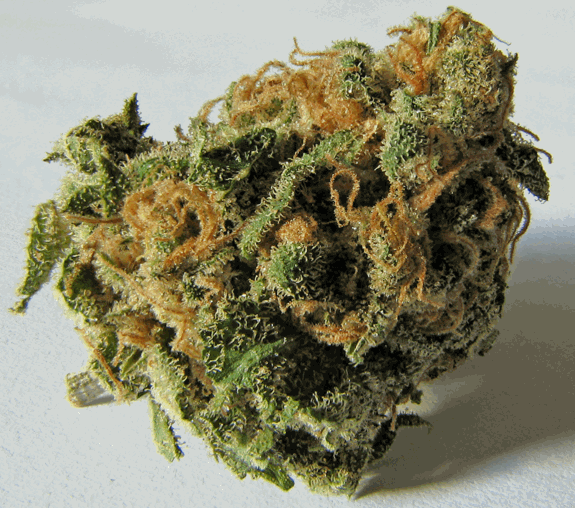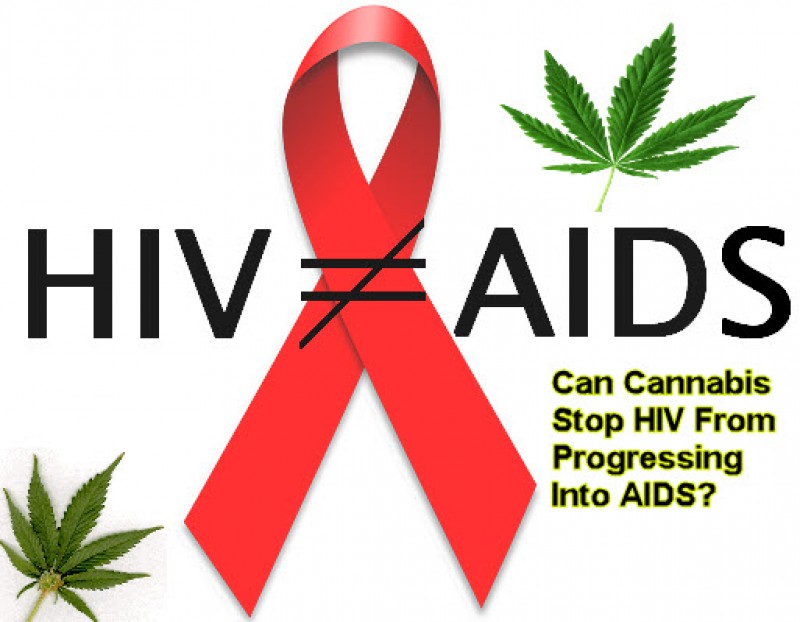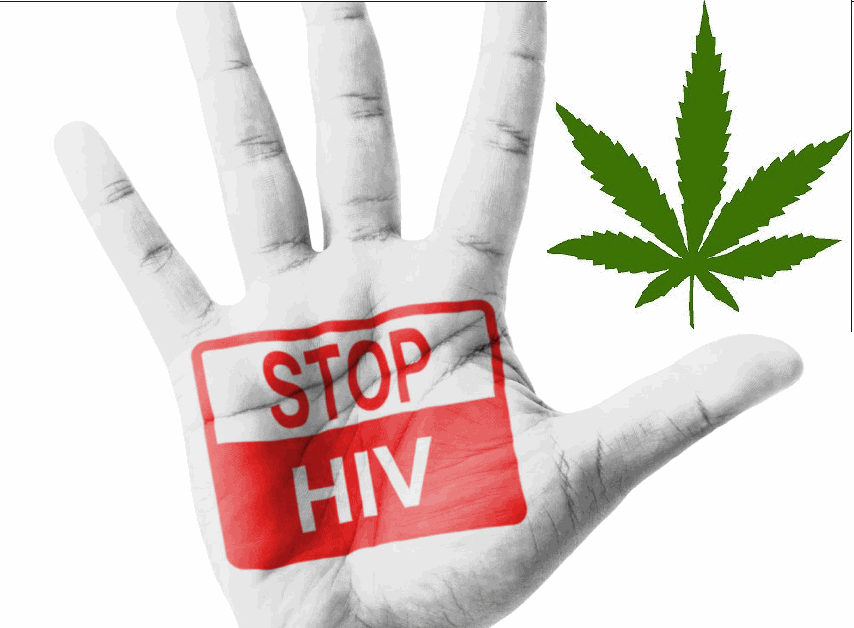Can Cannabis Stop HIV From Progressing Into AIDS?
The HIV virus that causes AIDS is one of the most serious health issues that the world is facing today. It is estimated that 36.7 million people globally are living with HIV/AIDS, and 1.8 million children are affected.
It can be easy to confuse HIV with AIDS, but HIV is a virus that may lead to infection while AIDS is a condition. HIV infection can lead to AIDS, and this progression occurs when the immune system is already seriously damaged. The symptoms of the condition vary from each person, but AIDS occurs when an HIV-positive individual is infected with life-threatening conditions such as tuberculosis, some cancers, pneumonia, or other infections that their immune system is no longer strong enough to fight.
In 2015, around 2.1 million individuals were newly infected with HIV including 150,000 children below 15 years old. Only 60% of people who have HIV know that they are infected; the 40% still need to undergo testing to receive a diagnosis. Although millions of people now have more access to HIV medication in the form of antiretroviral treatment (ART), there is still no known cure for the disease.
For many, getting an HIV diagnosis is like receiving a death sentence.

How Can Cannabis Help?
In July 2017, a medical breakthrough occurred: cannabis may hold the potential to successfully halting the progression of HIV to AIDS. The study states that “Patients with HIV in the United States routinely use cannabinoid-based therapies to combat the side effects of HIV infection and antiretroviral therapy. However, cannabinoids, including tetrahydrocannabinol (THC), are well-characterized immunosuppressants. These results suggest that THC can suppress pDC (Plasmacytoid dendritic cell) function during the early host antiviral response by dampening pDC activation.”
In layman’s terms, this means that HIV-positive individuals who medicate with cannabis have a good chance of preventing the progression of the disease. Once a person is infected with HIV, their pDC immune cells no longer respond as effectively in staving off the pathogens. However, THC subdues the functionality of the body’s immunity due to the presence of HIV which can then inhibit the development into AIDS. Cannabis is useful not only in helping patients manage the symptoms of HIV, but also for preventing its overall progression into AIDS.
While this may sound like “news”, it certainly isn’t. In 2014, a study published in the AIDS Research and Human Retroviruses journal conducted by Dr. Molina revealed that THC could prevent the progression of HIV into AIDS. The study was done over the course of 17 months, where scientists administered THC daily into monkeys who were infected with an animal form of HIV. During the course of the study, the scientists found that the damage in the animals’ stomachs, which is one of the most affected areas by HIV, was significantly decreased. “These findings reveal novel mechanisms that may potentially contribute to cannabinoid-mediated disease modulation,” Dr. Molina writes. The report also explains that HIV is spread through the infection and eventual death of immune cells, but the primates who received THC medication maintained more health cells.
Dr. Molina’s findings were revealed three years after the experiments. She also led similar studies in 2011 which revealed that infected primates who were treated with THC showed that they had a better chance of survival.
Another study conducted by an HIV researcher in Philadelphia found evidence that THC could prevent infected cells from entering the brain. The researcher, Dr. Servio Ramirez, says that his newest studies that THC proves that cannabis can be used for therapies targeting the immune system, debunking previous studies which claim that THC could actually lessen one’s inflammatory response. Ramirez’s studies revealed that THC is effective in blocking inflammation while inhibiting the ability of HIV to reproduce itself once it attaches itself to a certain protein. “The idea is to prevent a lot of these cells from moving into the brain during the course of the infection,” Ramirez told the papers, “and if you are able to suppress or somehow control hive replication in this particular immune cell, the whole hope is that less of these cells would be entering the brain through the course of infection.” While most medications focused on controlling HIV are unable to reach the brain, or are simply not as effective once they reach the brain, THC can solve this problem because it has the ability to limit infection in this area.
OTHER STORIES YOU MAY ENJOY...
CANNABIS FOR HIV AIDS PATIENTS, CLICK HERE.
OR...
CANNABIS FOR DIABETES, READ THIS...








